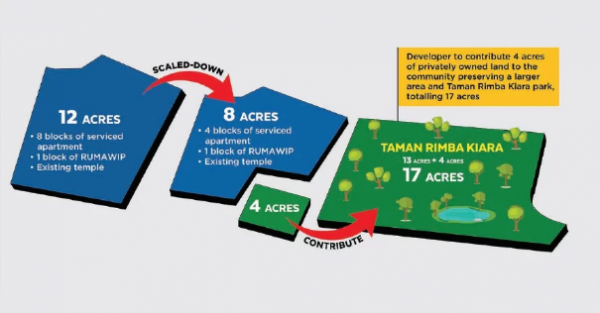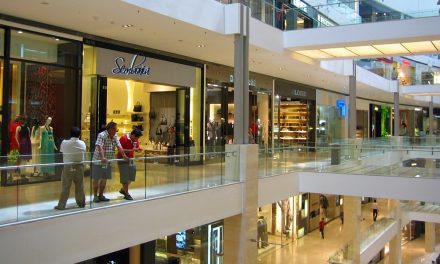NFCP to be equally funded by USP fund, telcos — MCMC
The estimated budget of RM21.6 billion for the National Fiberisation and Connectivity Plan (NFCP) will be equally funded by the Universal Service Provision (USP) fund and telecommunications companies (telcos) operating in Malaysia, said the Malaysian Communications and Multimedia Commission (MCMC). Its chairman Al-Ishsal Ishak said licensees will contribute 6% of their top line to the USP fund, while telcos will use part of their capital expenditure. Looking at our plans under the NFCP and based on certain assumptions on the number of towers and kilometres of fibre optics to be developed, we came up with the RM21.6 billion figure after discussions with the telcos,” he said, adding that the amount was just a “ballpark figure” and the commission will fine-tune the budget in its upcoming quarterly reports on the NFCP, starting next year. (The Edge)
‘Cabinet agrees to remove PDP of Pan Borneo Sarawak’
The government has decided to terminate the project delivery partner (PDP) agreement for the Sarawak portion of the Pan Borneo Highway project although nearly half of the first phase has been completed, sources said. It is understood that the rationale of the decision is cost saving. The PDP for the portion of the highway is Lebuhraya Borneo Utara Sdn Bhd (LBU). Consequently, the agreement with contractors that were signed previously could also be novated. Launched in March 2015, the multibillion-ringgit project is slated for completion end-December 2021. As of July, the first phase of the Pan Borneo Highway in Sarawak is 45% complete. (The Edge)
Penang buyers forced to pay almost double for low-cost home
More property buyers have stepped forward with complaints against developers making them pay between RM30,000 and RM90,000 extra in packaged deals for units under the low-cost housing scheme. Their complaints were strikingly similar: The developers would tell them the additional payments were part of the renovation or carpark packages tied to each unit and could not be separated. The buyers claimed they were told to take it or leave it, as the units would be offered to others. The complaints involved low and low-medium cost units from developers in five projects in Tanjung Tokong, Tanjung Bungah, Sungai Ara, Jalan Perak and Jelutong. CAP acting president Mohideen Abdul Kader called on the state government to look into this issue seriously and not to send successful applicants of low-cost housing to the developers. (Malay Mail)
Malton’s scaled-down project at Taman Rimba Kiara to start next year
Malton Bhd will kickstart a mixed development project at Taman Rimba Kiara in Kuala Lumpur next year, but the majority of the 10.24ha green lung will remain untouched. The developer, through its subsidiary Memang Perkasa Sdn Bhd and joint-venture partner Yayasan Wilayah Persekutuan (YWP), will develop a 3.24ha site at the park. The companies will build five residential blocks, with estimated GDV of RM1.8 billion. The project will consist of four blocks of serviced apartments with 1,082 units, and a 17-storey building featuring 204 units of affordable apartments. Taman Tun Dr Ismail (TDDI) residents protested against the development as they feared that Taman Rimba Kiara — their “last green lung” in the area — would be jeopardised. Memang Perkasa said the scaled-down development is not encroaching into the existing green park, and it also will continue to cross-subsidy the construction and land costs of the affordable apartment block. (NST Online)

(Source: Malton Bhd)
Berjaya Land awarded RM2.63b public housing and mixed project in Myanmar
Berjaya Land Bhd (BLand) says it has secured a public housing and mixed development project in Yangon, Myanmar, that carries an estimated GDV of US$624 million (RM2.63 billion). It received a certificate of award for the proposed development from the Yangon Region Government, and that the project is located on a land measuring about 183 acres. The proposed development comprises 14 parcels of mixed development, including inter-alia affordable housing, mid- to high end condominiums, shop houses, retail spaces, the farmer’s market, community hall, schools and infrastructure, to be built over three phases. (The Edge)





